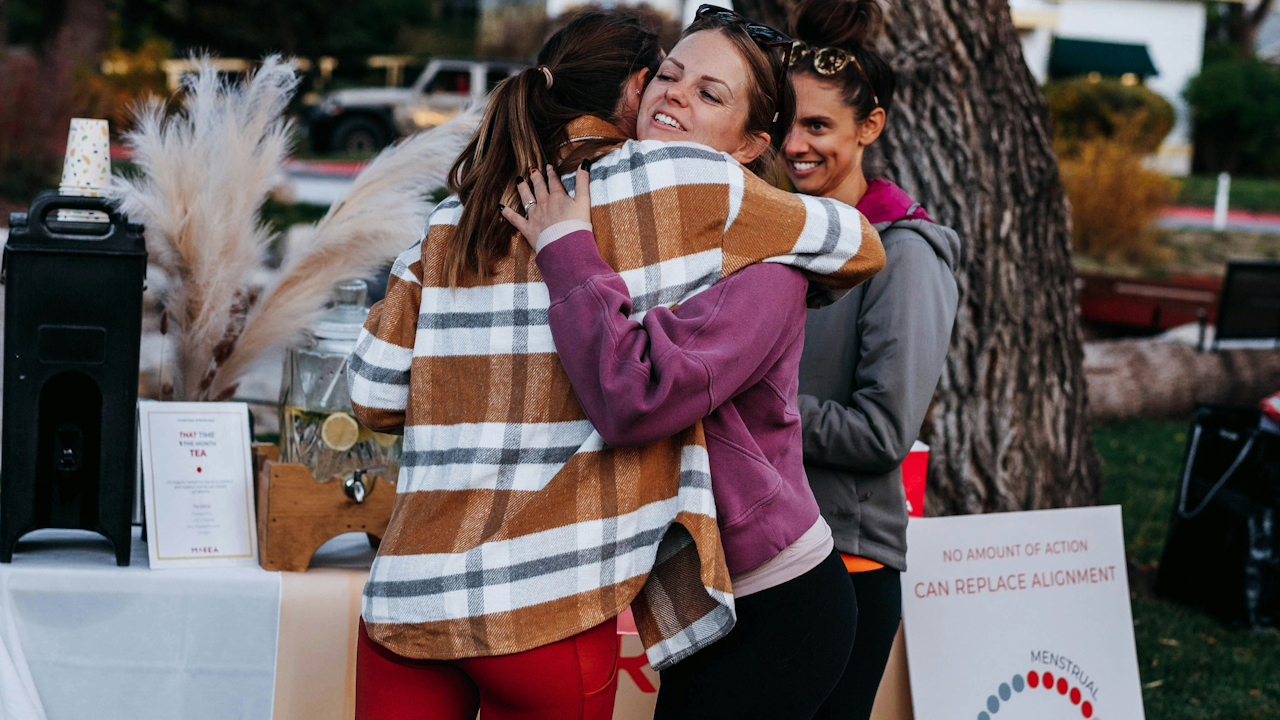In a world that seems increasingly fast-paced and digitally connected, yet emotionally distant, building strong friendships has never been more essential—or more challenging. We crave closeness, laughter, and the kind of support that only a genuine friend can provide. Yet somehow, maintaining meaningful bonds can slip through our fingers if we’re not intentional. So, what’s the real secret to building stronger friendships? It isn’t grand gestures or constant communication—it’s consistency, vulnerability, and mutual respect, woven into everyday moments.
1. Show Up Consistently
Friendships aren’t forged in a single epic moment, but in the quiet accumulation of everyday actions. The most reliable path to strengthening a bond is simply showing up—again and again. Whether that means checking in with a friend after a tough week, sending a quick message just to say “thinking of you,” or making time for regular meetups, consistency matters more than frequency. You don’t have to be in constant contact, but you do need to be present in a way that says, “I’m here for the long haul.”
Life can get busy, but strong friendships are built by those who make room for each other in their routines. It doesn’t always take hours-long conversations. A five-minute call, a shared meme, or even a funny voice note can bridge the emotional gap and remind someone that they matter to you.
2. Be Willing to Go Deep
Small talk is a necessary first step, but lasting connections thrive on emotional depth. If you want to build a stronger friendship, you have to be willing to be real. That means opening up about your fears, your dreams, and your past—not all at once, but gradually, as trust grows. Vulnerability acts as an invitation. When you drop your guard, you give your friend permission to do the same.
Of course, vulnerability must be met with safety. It’s not just about sharing your story—it’s about listening without judgment when your friend shares theirs. You don’t have to have all the answers. Just being a steady, compassionate presence is more powerful than most advice you could give.
3. Celebrate the Good and Walk Through the Hard
Many people are good at being there during crisis—offering sympathy, checking in, lending a helping hand. But strong friendships are also built on shared joy. Celebrating your friend’s wins, no matter how small, strengthens your bond. Cheer loudly when they get that job offer, finally complete a goal, or just have a good day. Joy is contagious, and shared happiness deepens emotional connection.
Equally important is sticking around when life gets messy. Being a true friend means walking through discomfort with someone—not offering easy fixes or disappearing when things get complicated. It’s standing beside someone through loss, conflict, growth, and change. Friendships rooted in emotional resilience—those that weather both sunshine and storm—tend to be the strongest.
4. Embrace Imperfection
No one is a perfect friend. Misunderstandings happen. Messages get left on “read.” People forget birthdays or cancel plans. If your friendship is to survive the inevitable bumps, you both need to embrace the art of grace. Assume positive intent. Give the benefit of the doubt. Apologize when you mess up, and forgive when they do. Holding space for each other’s humanity is crucial.
Expecting perfection sets up a relationship for failure. Instead, aim for honest, flexible, forgiving friendship. The strongest bonds often come from those who are willing to weather conflict and come out better on the other side—not those who never experience it.
5. Make Time for Fun
Shared laughter is a kind of glue. Don’t underestimate the power of inside jokes, silly memories, and spontaneous adventures. Whether it’s a weekend road trip, a movie night, or a late-night kitchen dance party, these lighthearted moments build a foundation of joy that supports the deeper layers of your friendship.
Friendships can sometimes fall into the trap of becoming overly serious, especially as people grow older and take on more responsibilities. But making room for play isn’t immature—it’s restorative. It reminds you why you like each other in the first place.
6. Let the Friendship Evolve
As people change, so do relationships. A childhood best friend might grow into a long-distance confidant. A college roommate could become a parenting ally. Sometimes roles shift, interests diverge, or life gets in the way. That doesn’t mean the friendship is doomed—it means it’s evolving. The key is to let it.
Check in. Reassess needs. Make space for the new version of your friend while staying true to your connection. Flexibility is often what separates lifelong friends from those that drift apart. Growth doesn’t have to mean growing apart—it can mean growing together in new ways.
7. Don’t Wait for the Other Person
Too often, people get caught in the cycle of “They haven’t reached out, so I won’t either.” But that mindset builds walls. If you care about someone, reach out. Send the text. Make the call. Extend the invitation. Taking initiative doesn’t mean you’re desperate—it means you value the friendship.
When both people occasionally take the lead, it creates a balanced and reciprocal dynamic. But someone has to go first. Let that someone be you.
Friendships aren’t just about finding the right people—they’re about becoming the right person. Show up, go deep, laugh freely, and love through the hard stuff. The secret to building stronger friendships isn’t hidden in grand gestures or dramatic moments. It’s found in the small, steady acts of kindness, trust, and presence that tell someone, “You matter. I’m here. Let’s keep going.”


